The 1970s were a golden age for music, with rock, disco, punk, and soft rock dominating the airwaves. But for every beloved band, there were those that critics and listeners couldn’t help but loathe. Whether it was because of their sound, overexposure, or rebelliousness, some groups became lightning rods for disdain. Yet, over time, opinions about a few of them softened—while others remain the butt of jokes to this day. Let’s dive into the 14 most hated bands of the ’70s and figure out whether they deserved all the scorn—or if they were just misunderstood.
1. The Bee Gees
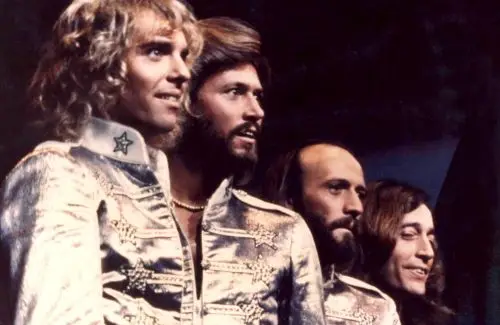
The kings of disco were polarizing. Their soaring falsettos and slick production epitomized the disco craze, but that same popularity led to a massive backlash. Rock fans blamed them for disco’s domination, yet today, their musical craftsmanship and enduring hits are finally getting respect.
2. KISS
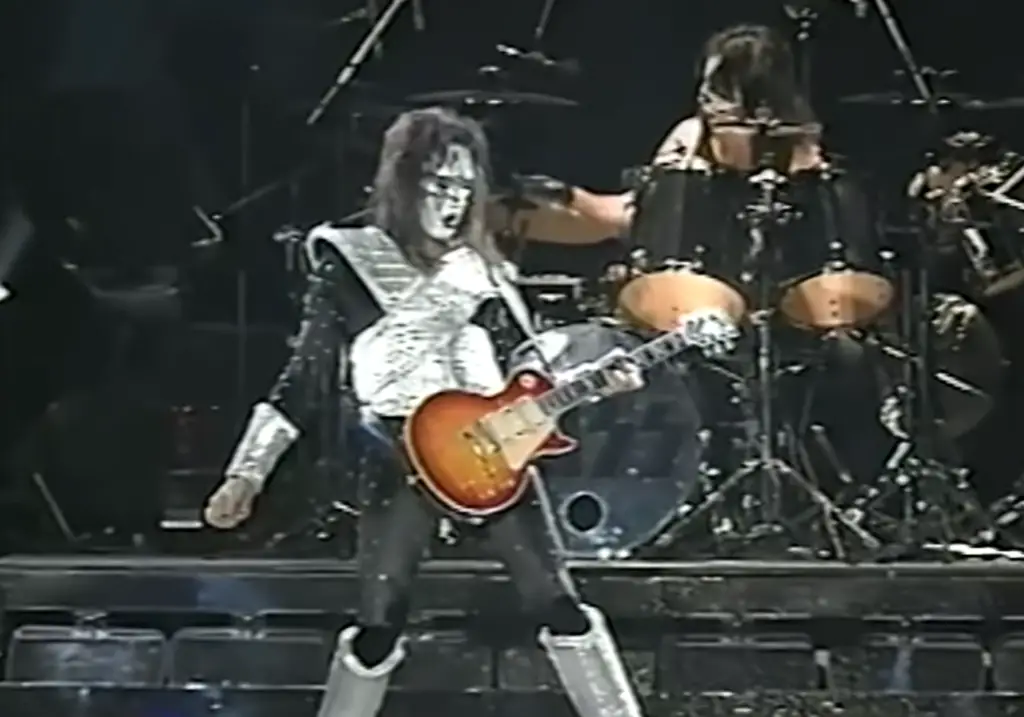
Love them or hate them, KISS was impossible to ignore. Their over-the-top makeup, pyrotechnics, and simplistic party anthems divided fans. Critics dismissed them as gimmicky, but their legions of fans, the KISS Army, proved their staying power.
3. ABBA
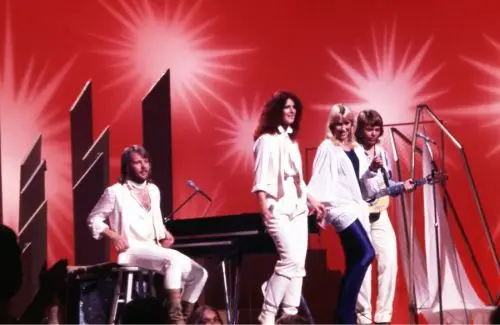
ABBA’s sugary pop hits were everywhere, and while they dominated charts worldwide, they also drew sneers for being too polished and commercial. Decades later, the world embraced their infectious sound, thanks in part to Mamma Mia! and nostalgia for their feel-good tunes.
4. The Eagles
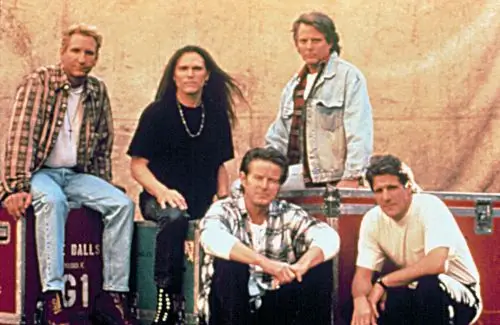
Despite their massive popularity, The Eagles earned a reputation for being too mellow and commercial. Rock purists found them boring, while overplaying hits like “Hotel California” didn’t help. Still, their influence on American rock endures.
5. The Osmonds
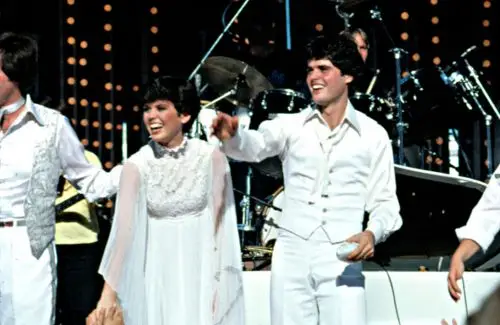
The family band from Utah was a little too wholesome for the countercultural ’70s. Despite massive success with hits like “Crazy Horses,” they couldn’t shake the stigma of being a toothy, Disney-esque group aimed at middle America.
6. Bread
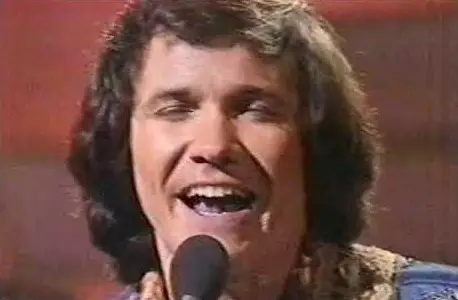
The soft rock darlings behind hits like “Make It with You” and “Baby I’m-a Want You” were reviled for being, well, too soft. Critics derided their saccharine love songs, though fans of mellow ballads embraced them wholeheartedly.
7. Lynyrd Skynyrd
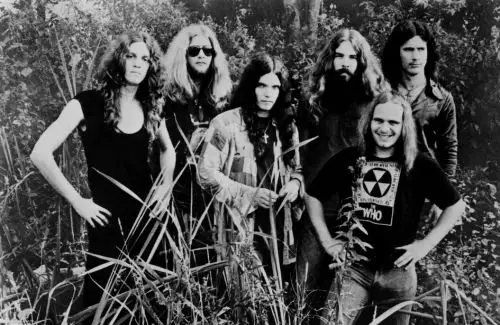
Southern rock icons or redneck stereotypes? Lynyrd Skynyrd inspired both devotion and disdain. While “Free Bird” and “Sweet Home Alabama” remain anthems, their rebellious, Confederate-flag-waving image alienated some audiences.
8. Bay City Rollers
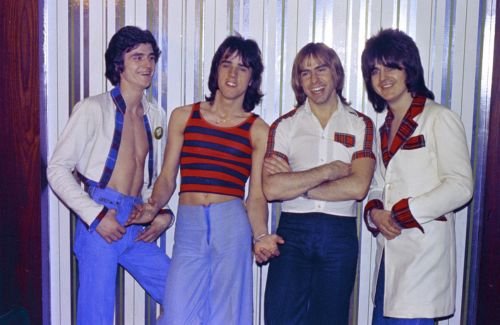
The Scottish boy band had screaming teenage fans and just as many detractors. Their bubblegum pop was seen as shallow, and they were dismissed as a manufactured act. Despite their fame, their influence faded fast.
9. Grand Funk Railroad
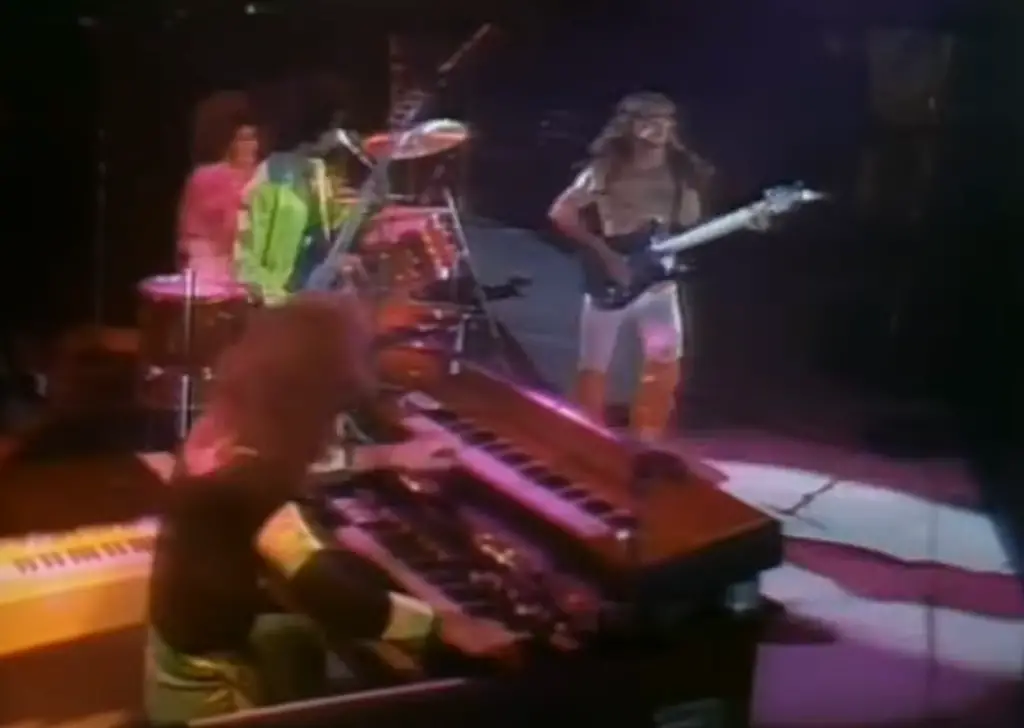
Critics savaged Grand Funk Railroad for being loud, clunky, and musically unsophisticated. Yet, fans loved their raw energy and blue-collar appeal, proving critics and listeners often hear very different things.
10. The Carpenters
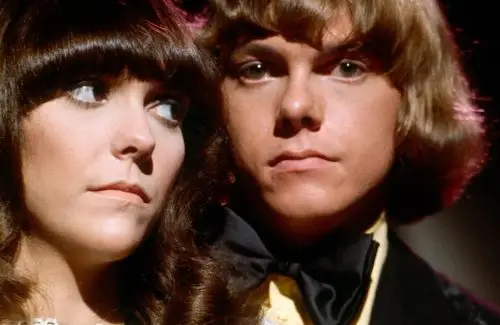
Karen and Richard Carpenter’s smooth, melancholy ballads sold millions, but their squeaky-clean image made them easy targets for critics who preferred edgier sounds. Today, Karen’s haunting voice is regarded as iconic.
11. Disco Inferno Bands (like The Trammps)
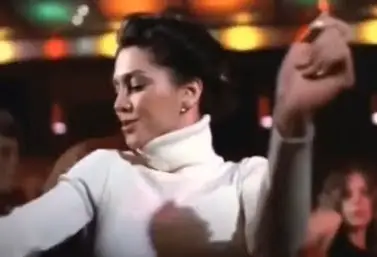
The Trammps and other disco acts suffered from the disco backlash of the late ’70s. Their funky beats were irresistible on the dance floor but became scapegoats for the rock crowd’s disdain for disco’s popularity.
12. Journey
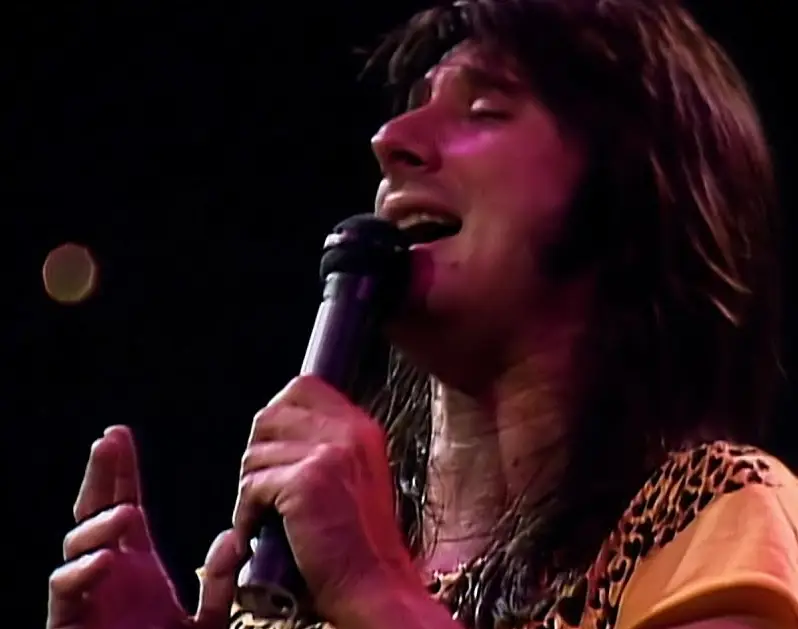
Before becoming arena rock legends in the ’80s, Journey struggled to find their sound. Critics accused them of being bland and directionless until Steve Perry joined and took them to superstardom—though not everyone was a fan.
13. Chicago
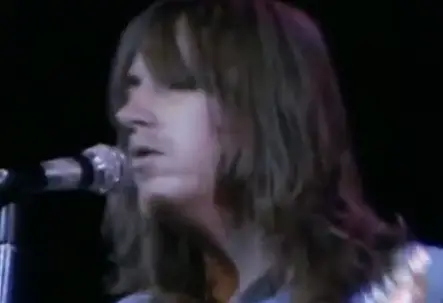
Once a respected jazz-rock band, Chicago alienated their hardcore fans when they pivoted to pop ballads. “If You Leave Me Now” might have been a chart-topper, but many early fans saw it as a sellout.
For every band that made waves in the ’70s, there were just as many that rubbed people the wrong way. Whether it was their style, sound, or success, these groups bore the brunt of criticism in their heyday. And yet, nostalgia has a funny way of rewriting history—some of these bands are now celebrated, while others remain polarizing. Either way, they’re part of the soundtrack of the era, love them or hate them.


